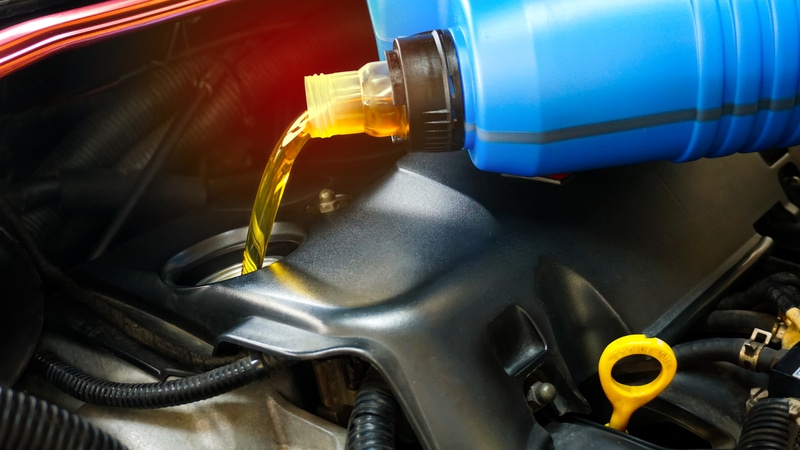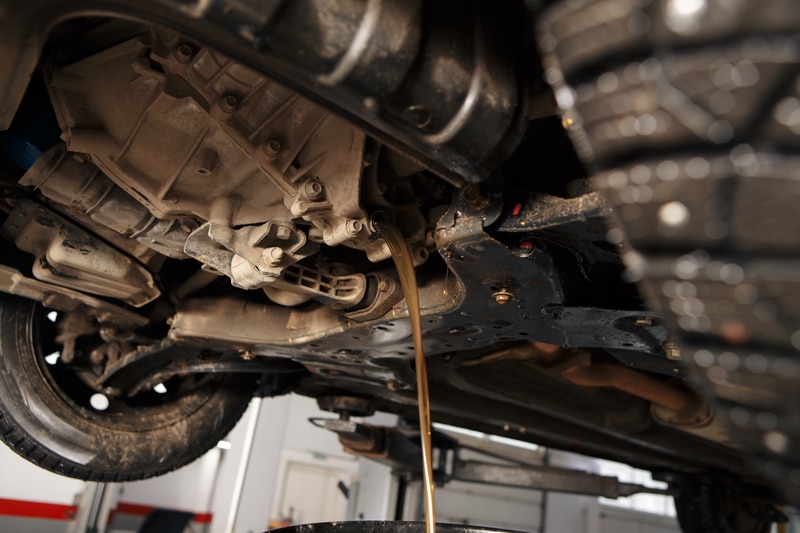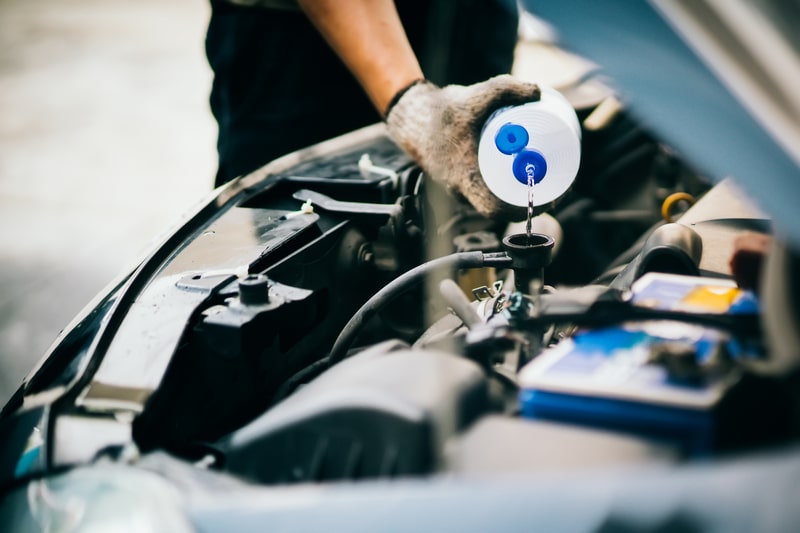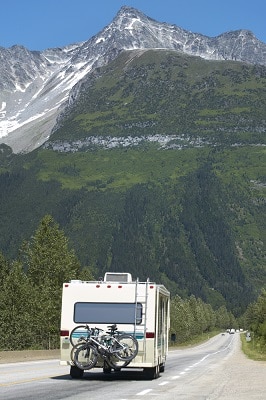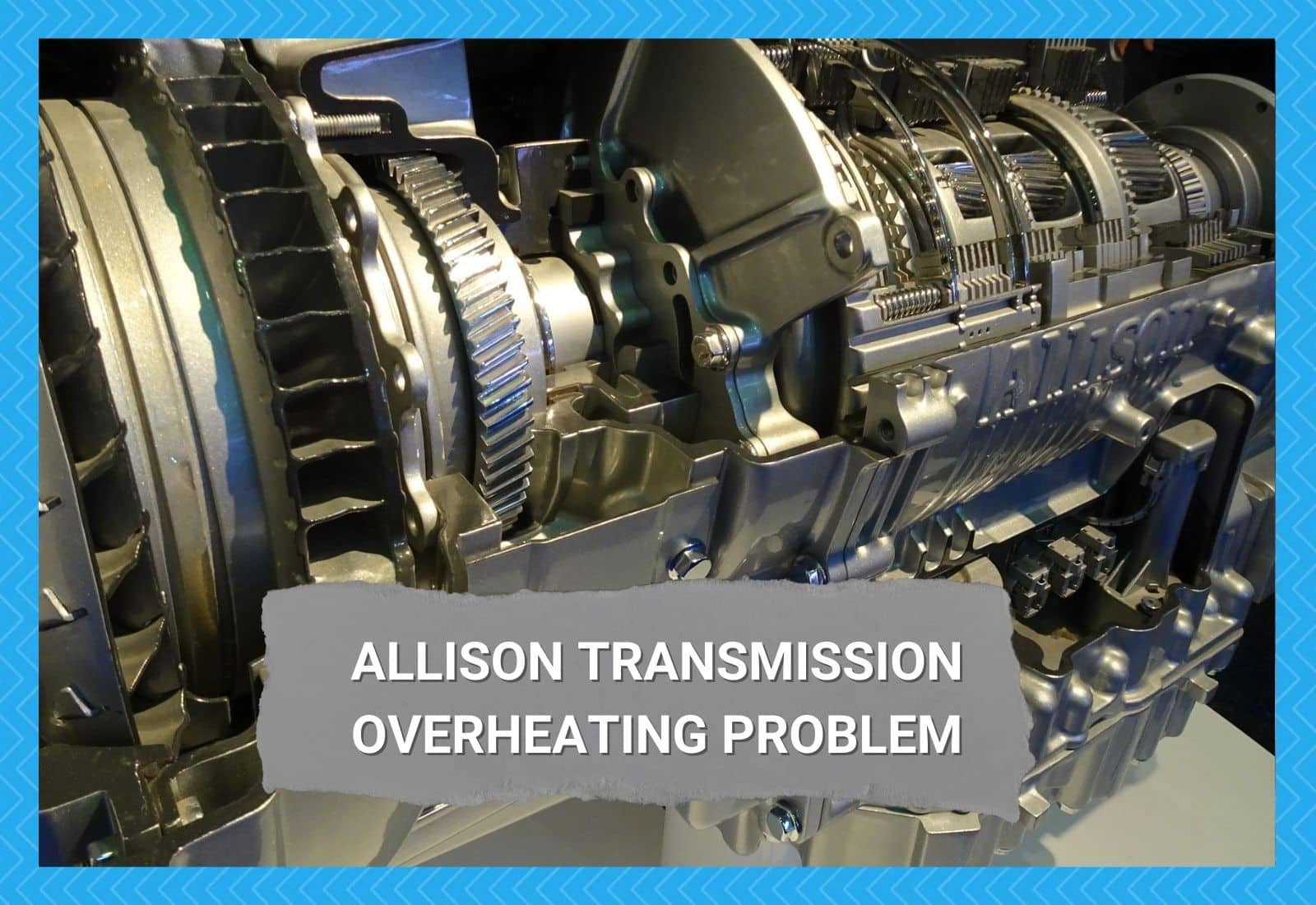
An RV comprises many parts that work together to ensure smooth functioning. Without an iota of doubt, the transmission is one of the most integral components of a motorhome.
It shifts the power generated by the engine of your RV to the wheels, thus using the power to move the engine at different speeds. Without a transmission, your motorhome will not start and run properly.
Allison Transmission is a well-known company specializing in manufacturing transmission systems for vehicles. They are known for their durability and reliable performance.
However, they also have their fair share of problems. Many users have complained about the overheating problem while using the transmissions manufactured by Allison Transmission.
Of course, no one likes an overheating RV transmission. In this article, we will take you through some of the reasons and solutions for this problem. Let’s delve deeper without any further ado!
Allison Transmission Overheating Problem
Is the transmission of your RV overheating? Here are a few solutions to try!
1. Check Transmission Oil
Low transmission oil is the leading reason for the overheating problem in the Allison transmissions. Any expert will tell you the importance of this fluid.
Regardless of your transmission type, the oil plays a key role as it keeps the parts, such as bearings, of your transmission lubricated.
This way, it reduces friction, thus cooling down the transmission of your vehicle. In addition to that, it allows your RV to change gears smoothly.
Driving a Motorhome With an Overheating Transmission
If the level of transmission fluid in your vehicle is low, you will need to refill it ASAP. You may still be able to start the engine, but you won’t get very far. Plus, it would be extremely risky as the gears may get stuck, and you won’t be able to shift through them easily.
Keep in mind that the more you drive your RV with an overheating transmission, the more serious damage you will be causing to the system. It will lead to excessive wear and tear, and as a result, the transmission will start overheating.
The engine cooling system of your RV won’t be able to cool down the system. If neglected, it can result in transmission system failure, which is a costly repair.
If you are having a hard time changing the gears of your motorhome, it could be due to a low transmission fluid level.
Furthermore, if you hear strange noises coming through the system while shifting gears, the transmission needs your attention. Turn off the engine immediately and check to see if the transmission system has enough fluid or not
The transmission fluid is stored in a tank. If you do not know where it is located in your RV, it would be a good idea to go through the user manual of your vehicle.
Not only will it tell you its location, but it will also give instructions about the procedure. Most transmission fluid tanks nowadays come with markings that help you determine the fluid level.
Leaky Transmission Fluid Tank
Furthermore, make sure that the transmission fluid tank is not leaky. Of course, a leaky tank won’t be able to store fluid. Therefore, see the place where you park your motorhome.
If there are any dark spots, you may be dealing with a leaky transmission fluid tank. Also, take a close look at the tank. If you see fluid around it, the chances are that the tank is leaky.
If that’s the case, you will have to get it checked by a mechanic. If it has been damaged beyond repair, they will ask you to replace it. On the other hand, if it is minor damage, you can fix it at home by applying a sealant.
Changing the Transmission Fluid
Replacing the transmission fluid is a fairly straightforward process. Make sure to park your motorhome on level ground and engage the emergency brake before starting the procedure. And yes, place the drain pan under the drain plug to catch the old dirty fluid.
When checking the transmission fluid level, pay close to its color. Fresh transmission fluid looks clear and pink-tinted. If yours is brown or deep red, consider replacing it to avoid any serious damage to your transmission system.
The majority of the RV owners keep a check on the engine oil but overlook the transmission fluid. It may sound silly, but transmission fluid has a shelf life.
As your motorhome ages, its components wear out, and their metal particles contaminate the fluid. Apart from that, friction, heat, and oxidation also degrade your transmission fluid over time.
As mentioned earlier, the transmission fluid is vital to your motorhome’s performance. Although it does not need to be replaced as frequently as the engine oil, you must check its level and condition every now and then to keep your motorhome roadworthy.
Most manufacturers recommend changing the transmission fluid every 30,000 miles. However, you may need to replace it before its average lifespan if it gets contaminated.
2. Failing Cooling System
RVs feature a cooling system that dissipates heat from the system and maintains an ideal temperature suitable for your engine. A cooling system comprises a radiator, filters, hoses, belts, etc.
If there is something wrong with this system, the excess heat will not be removed from the system, and your Allison transmission will likely overheat.
Inspect the radiator of the cooling system first, as it is the culprit more often than not. Dirt and grime from the road can get stuck in the radiator, and when they do, the radiator won’t work properly.
If the radiator is dirty, cleaning it will fix the problem. It is advised to use a special radiator cleaner to thoroughly clean the radiator. However, distilled water also works just fine.
If the problem is not with the radiator, check the coolant level in the reservoir. A coolant is a colored liquid that protects your vehicle from overheating.
If there is not enough coolant in the coolant reservoir, you may notice transmission overheating. Simply refilling the reservoir will fix this problem.
3. Weather Conditions
If your area has a hot climate, the transmission will overheat, no matter how powerful your cooling system is. Experts recommend parking the motorhome in shaded areas to avoid overheating.
Moreover, it would be better to use a lower gear when going uphill as it will put less load on your motorhome.
The Bottom Line
Transmissions manufactured by Allison Transmission stand out for their excellent performance and durability. However, many users have reported that they overheat sometimes.
If the transmission fluid is dirty or insufficient, this problem will likely occur. Therefore, keep an eye on the transmission fluid level and make sure that the cooling system is in good working condition.

